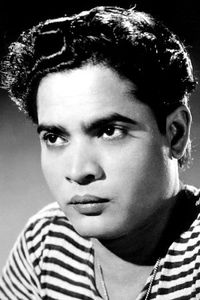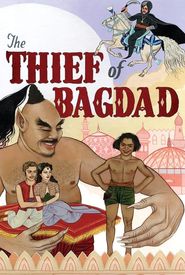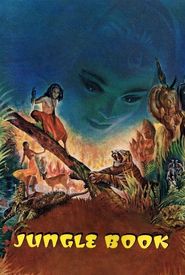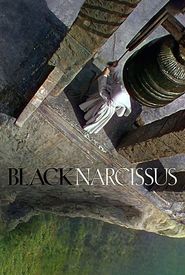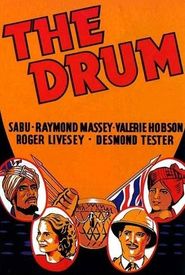Sabu Dastagir, also known as Selar Shaik Sabu, was born on January 27, 1924, in Mysore, India, a small town nestled in the jungles of Karapur. The son of an elephant driver, Sabu learned responsibility at a young age when his father passed away, and he became the ward of the royal elephant stables.
At the age of 12, Sabu was discovered by a British location crew searching for a youth to play the title role in their upcoming film, Elephant Boy (1937). The studio was taken by his earnest looks, engaging naturalness, and adaptability to wild animals and their natural habitat, and Sabu was placed under exclusive contract with Alexander Korda.
Sabu and his older brother were whisked away to England to complete the picture and became wards of the British government. They received excellent schooling, and Sabu quickly learned the English language in preparation for his upcoming films. Elephant Boy was an unqualified hit, and Sabu was promptly placed front and center once again in the film The Drum (1938) alongside an impressive British cast.
With the parallel success of the Tarzan jungle movies in America, Hollywood began to take notice of this refreshing new boy talent. Sabu's second film was given rave reviews, proving that he would not be a one-hit wonder.
Sabu's third film for Korda is considered one of the great true classics. In the Arabian fantasy-adventure The Thief of Bagdad (1940),Sabu plays Abu the Thief and is surrounded by superb actors, exceptional writing, and incredible special effects. Sabu's name began to stir international ears.
Sabu's last pairing with Korda was the excellent adaptation of Rudyard Kipling's classic book The Jungle Book (1942),in which he plays Mowgli, the boy raised by wolves, who must adapt to the ways of mankind after being returned to his mother. The movie was directed by Alexander's brother, Zoltan Korda.
Following this triumph, Sabu officially became the exotic commodity of Universal Pictures and settled in America. Although initially rewarding monetarily, it proved to be undoing. Unfortunately, a haphazard assembly-line of empty-minded features were developed that hardly compared to the quality pictures in England under Korda.
Sabu enlisted in the Army Air Force and earned WWII distinction in combat missions, including the Distinguished Flying Cross and Air Medal, as a tail gunner. By the time Sabu returned to Universal and filming, the charm of his youth had worn off, and the boyish stereotype was impossible to escape.
Post-war audiences developed new tastes, but Sabu had no choice but to trudge on with retreads of his former glory. Films such as Tangier (1946),Man-Eater of Kumaon (1948),and Song of India (1949) did little to advance his career.
Sabu actually fared better back in England during the late 40s, starring in the crime drama The End of the River (1947) and appearing fourth-billed as a native general in the exquisitely photographed Black Narcissus (1947).
Sabu's career was rapidly approaching extinction by the mid-50s, and he sought work wherever he could find it - in low-budget Europe productions, public appearances, etc. An attempt to conjure up a TV series for himself failed. His life was further aggravated by unpleasant civil and paternity suits brought about against him.
Sabu died unexpectedly at the age of 39 on December 2, 1963, at his home in Southern California, and was buried at Forest Lawn Cemetery in the Hollywood Hills.
